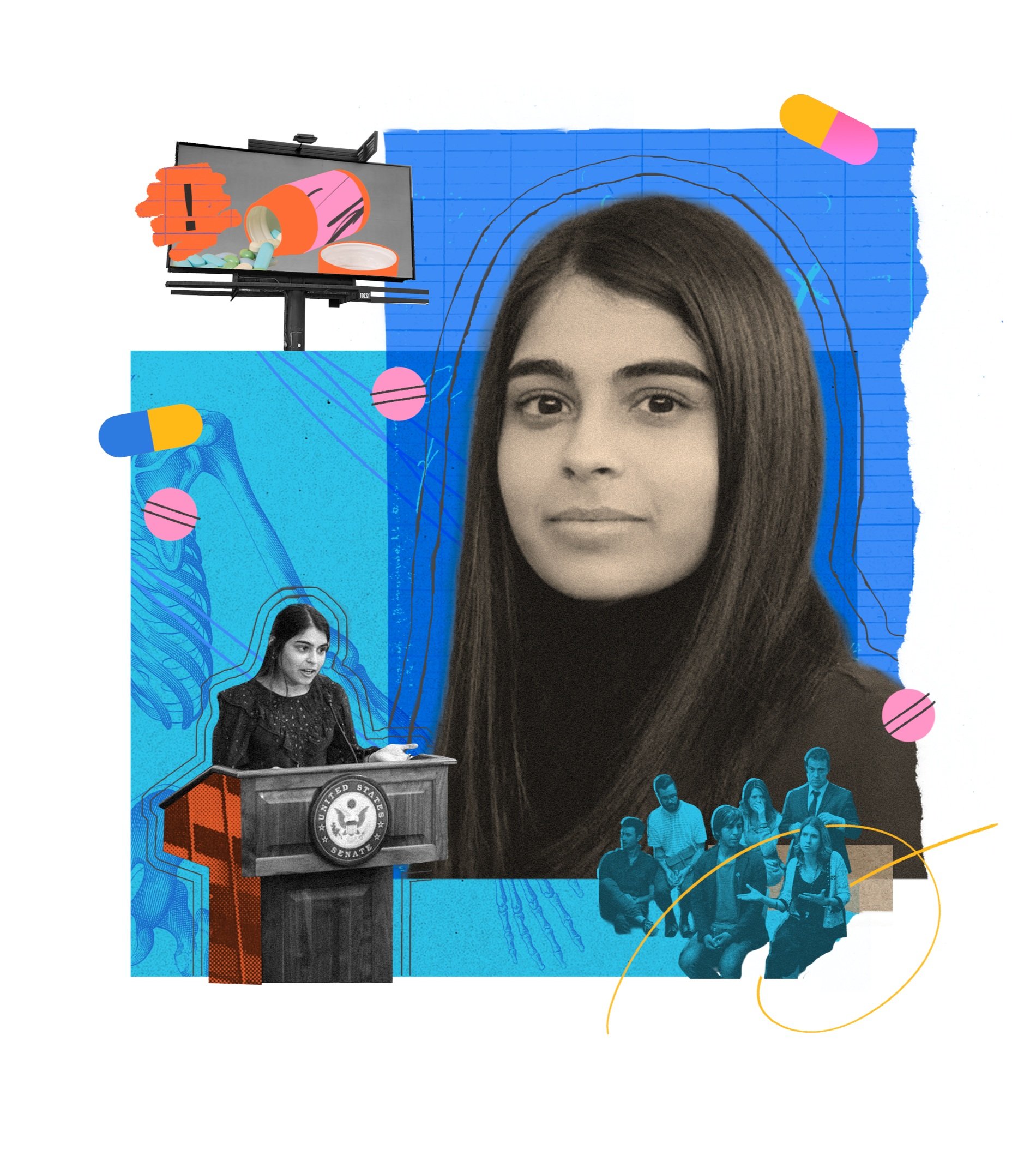Hometown: Greenwood, Indiana
I’ve been doing this work for: Nearly 14 years
A milestone I’m proudest of: Working on meaningful health policies that will impact current and future generations of patients.
An organization or person whose work inspires me: All of our young adult patient community, but right now, I am inspired by Nikhil Jayswal, who leads IBD India, and Lea Kilenga Bey, who leads Sickle Cell Africa.
